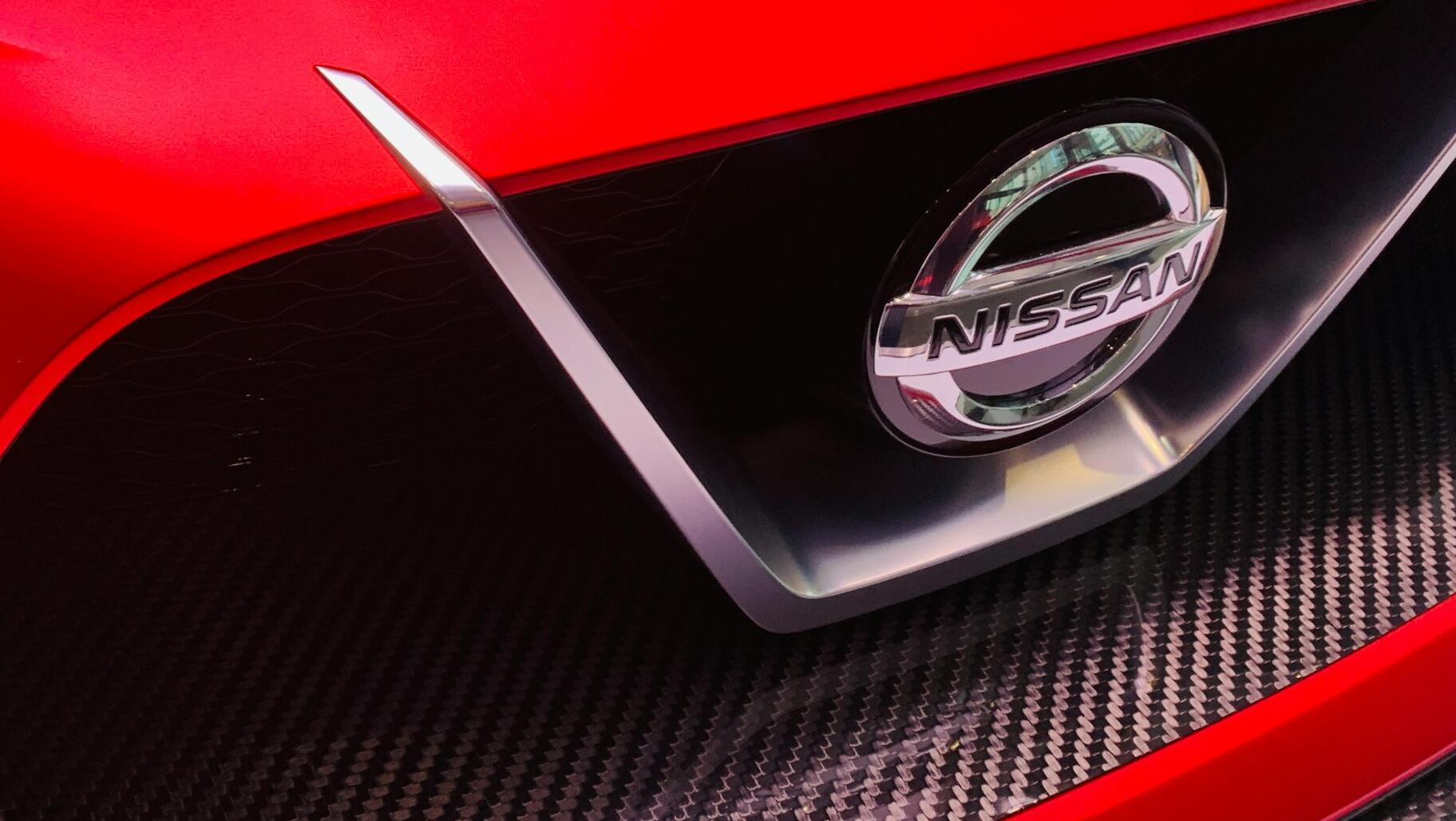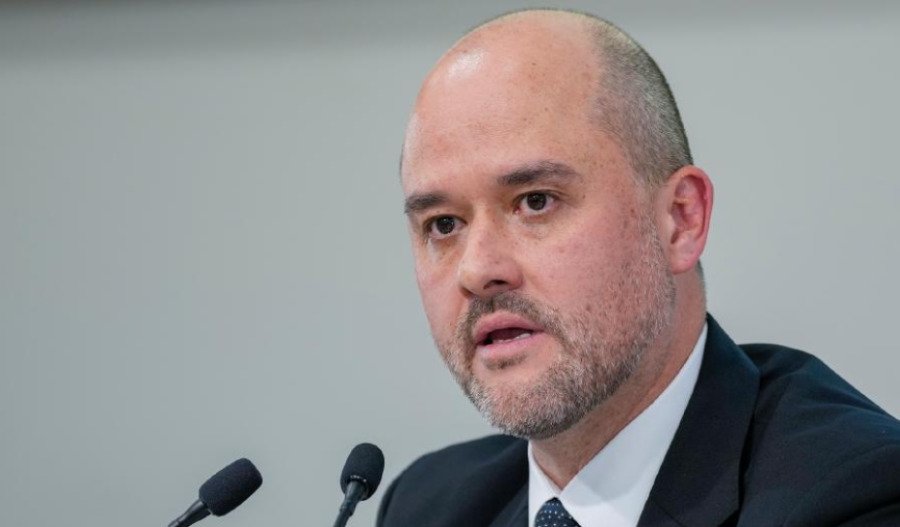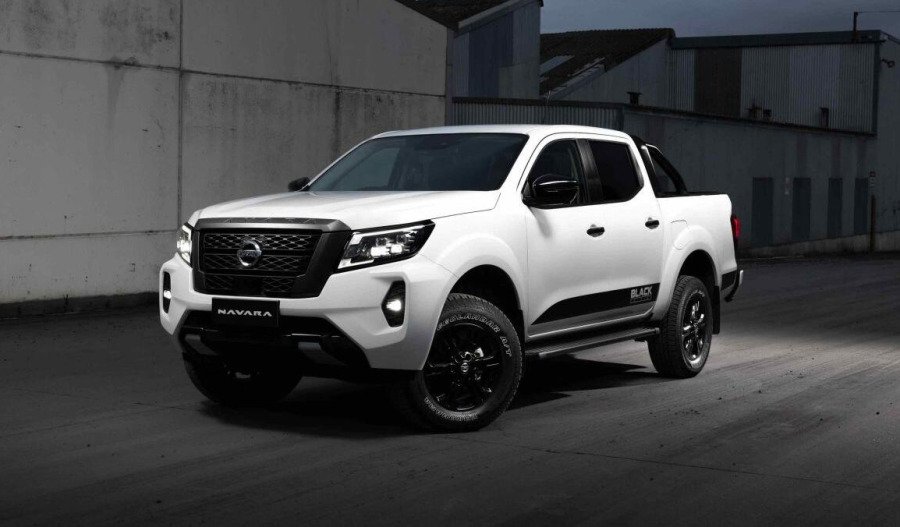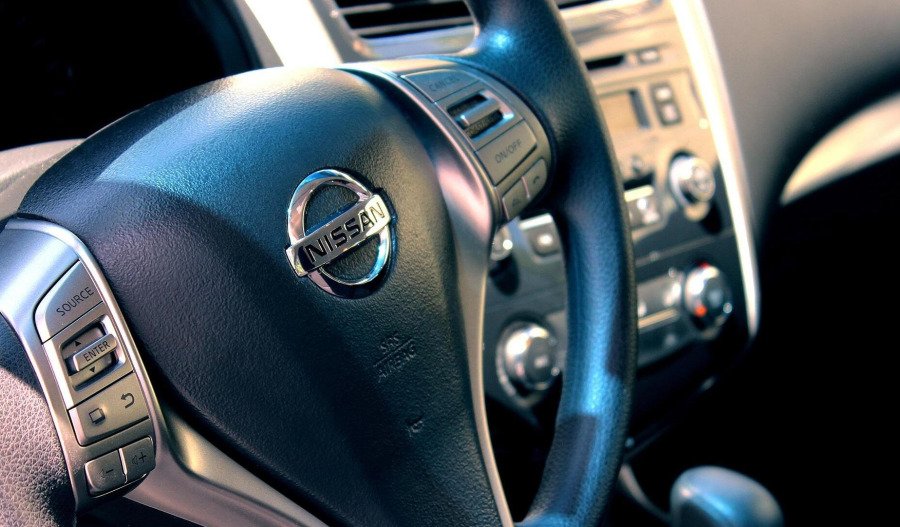In an attempt to put Nissan into recovery mode, after posting a staggering $4.5 billion loss in the last fiscal year, the troubled automaker is finally contemplating long-awaited cost-cutting measures.
Included within the sweeping, but unsubstantiated new cost measures, Japan’s third-largest automaker is considering the shut down of its two car assembly plants in Japan and overseas factories, including one in Mexico.
The potential closure of its Oppama plant, where Nissan started production in 1961, and the Shonan plant operated by Nissan Shatai, in which Nissan is a 50% stakeholder would leave the automaker with just three vehicle assembly plants in Japan.
Domestic plant closures would mark Nissan’s first since closing its Murayama factory in 2001.
Close overseas factories
Beyond Japan, Nissan is also said to be considering ending production at plants in South Africa, India and Argentina, while the number of factories in Mexico would also be reduced.
It’s understood that Nissan’s cost cutting and turnaround measures could reduce its workforce by around 15% (20,000) and see its production plants more than halve up to 10 from 17 globally.
Turnaround steps unveiled by new CEO Ivan Espinosa are a major pivot from Nissan’s former boss Makoto Uchida's strategy who had high hopes of expanding global production - and an over ambitious sales target of eight million vehicles annually.
By comparison, deliveries were 3.3 million in Japan’s fiscal year 2024, which started on April 1, 2024, and ended on March 31, 2025.
The automaker’s fiscal 2024 sales stood at 3.3 million vehicles, down 42% since the 2017 business year.
Nissan’s new boss has told the market that Nissan’s “fundamental problems" have been allowed to deepen over the years because “nobody did anything to fix that until now.”
“There were heavy investments both in terms of planned capacity as well as in human resources, but the reality today is we are running at around half that volume. And nobody did anything to fix that until now,” he said.
Announced measures
By keeping just three home plants open — its Tochigi factory and the Nissan Motor Kyushu and Nissan Shatai Kyushu plants in southern Fukuoka prefecture — Nissan believes it will be more than capable of servicing the domestic market and maintaining exports from Japan.
The Oppama plant has an annual capacity of around 240,000 cars and employed about 3,900 workers as of end-October.
The Shonan plant, which produces commercial vans, has an annual capacity of around 150,000 units and employs around 1,200 people.
Beyond Japan other measures include:
Consolidate production of Nissan Frontier and Navara pickups from Mexico and Argentina into a single production hub centralised around the Civac plant in Mexico.
French alliance partner Renault would buy out its stake in their joint Indian business, Renault Nissan Automotive India Private Ltd.
Fresh products
Cost cutting measures and new alliances are only part of Nissan's overall rescue effort.
Faith is also placed in more than 10 new models scheduled for North America in the coming years.
The first of these is a Leaf crossover, a next-gen Sentra, and a plug-in hybrid Rogue based on the Mitsubishi Outlander.
The next-gen Rogue will offer gas, PHEV powertrains, and E-Power range-extending technology.
An electric, rugged SUV inspired by the Xterra is also in the pipeline.
In Europe, the next-gen Micra will be a badge-engineered Renault 5, joined by an electric Juke and Qashqai equipped with the next-gen E-Power system.
In Japan, Nissan will introduce an updated kei car, a next-gen large van with E-Power, and an all-new Skyline.
Multiple new products are also planned for India, Oceania, Africa, and Latin America.
At the time of writing, the Nissan Motor Co Ltd (TYO: 7201) stock price was JPY357, with a market cpitalisation of approximately JPY1.33 trillion (A$10.738 billion).



